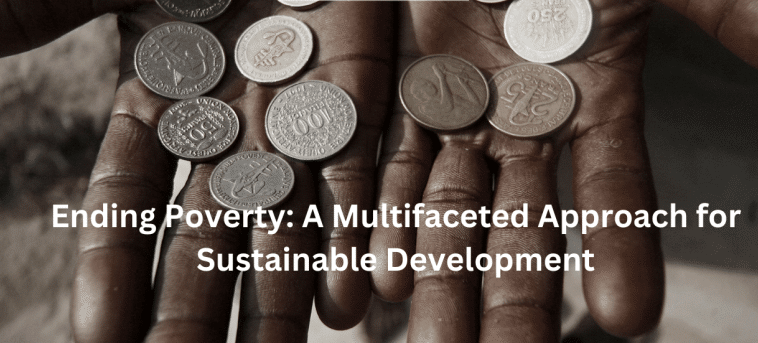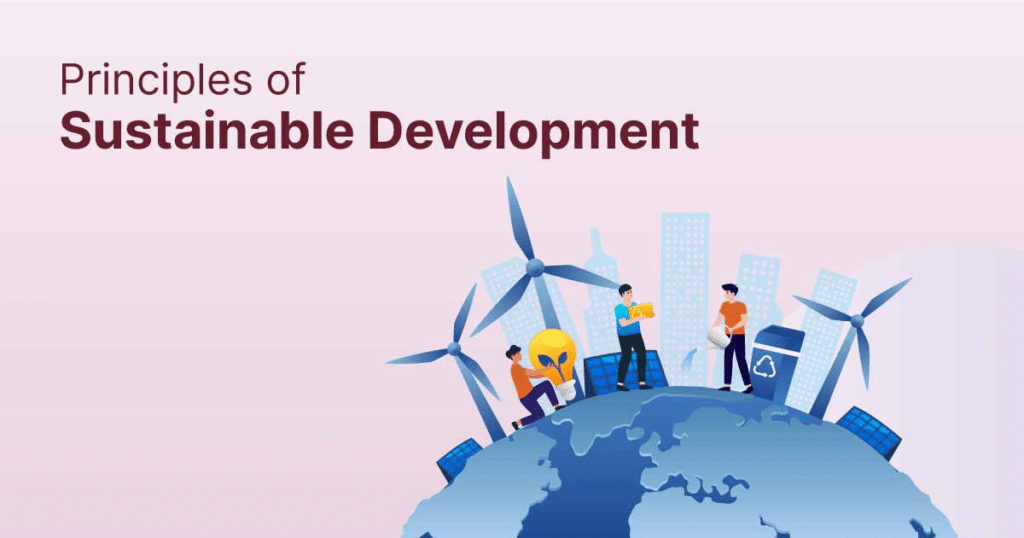Combating poverty remains one of the most pressing challenges faced by societies around the world. The contribution to alleviating poverty involves multifaceted approaches that address not only the immediate needs of the impoverished but also the underlying structural causes of poverty. Governments, non-governmental organizations, and communities themselves play pivotal roles in this endeavor. Effective strategies often include economic development programs, access to quality education, healthcare improvements, and social safety nets, all of which work synergistically to lift individuals and families out of poverty.

Economic development programs are a cornerstone in the fight against poverty. By promoting job creation, supporting small businesses, and fostering sustainable economic growth, these programs provide the means for individuals to achieve financial independence. Microfinance initiatives, for instance, have proven successful in providing small loans to entrepreneurs who lack access to traditional banking services. These loans enable individuals to start or expand their businesses, thereby generating income and employment opportunities within their communities. Additionally, infrastructure projects, such as building roads and improving transportation, can facilitate better access to markets and resources, further stimulating local economies.
Education is another critical factor in combating poverty. Access to quality education equips individuals with the knowledge and skills necessary to secure better-paying jobs and improve their standard of living. Programs that focus on early childhood education, vocational training, and adult literacy can have a profound impact on breaking the cycle of poverty. Education empowers people to make informed decisions, fosters innovation, and opens doors to opportunities that might otherwise remain out of reach. Ensuring that children, particularly girls, stay in school and receive a proper education is essential for long-term poverty reduction.

Healthcare improvements are also integral to poverty alleviation. Access to affordable and quality healthcare prevents families from falling into poverty due to medical expenses. Healthier populations are more productive and capable of contributing to economic growth. Efforts to combat diseases, improve maternal and child health, and provide mental health services are crucial components of a comprehensive poverty reduction strategy. Additionally, social safety nets, such as unemployment benefits, food assistance, and housing support, provide a buffer for vulnerable populations, helping them to weather economic shocks and maintain a basic standard of living. Together, these efforts create a foundation for sustainable development and a more equitable society.




